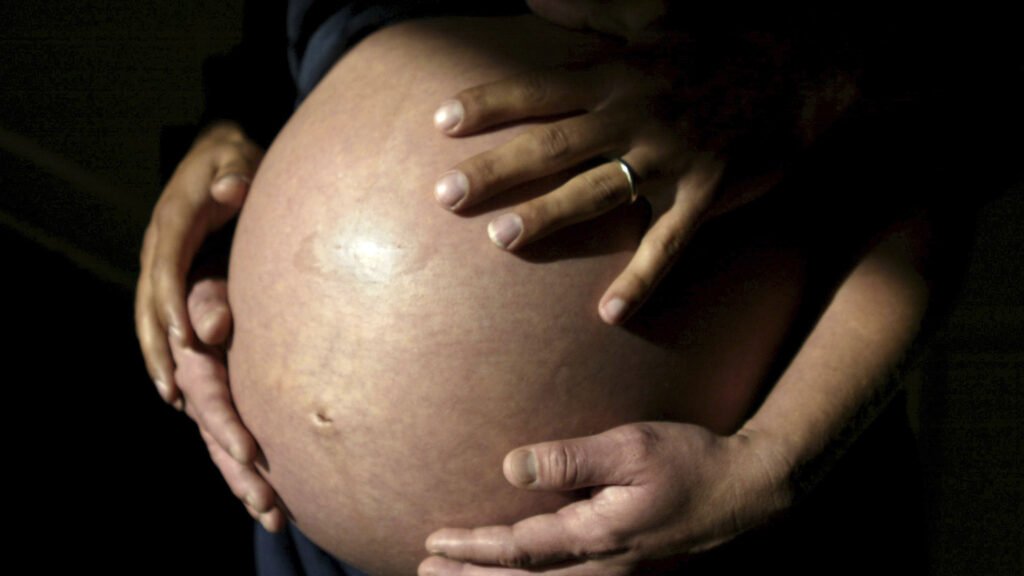Preeclampsia is a serious condition that can occur during pregnancy, characterized by high blood pressure and organ damage in pregnant individuals. It poses significant risks to both the parent and the child, and early detection is crucial for intervention and prevention of fatal complications.
Researchers have made a significant breakthrough in predicting preeclampsia as early as the first trimester of pregnancy. In a recent study presented at the annual meeting of the European Society of Human Reproduction and Embryology, researchers were able to predict the early-onset subtype of preeclampsia up to five months before clinical diagnosis. This early detection could allow clinicians to intervene months in advance, potentially saving lives.
The biotechnology company Mirvie is at the forefront of developing blood tests for preeclampsia. While their second trimester test is already on the market, these new findings suggest that evaluation could be conducted much earlier in pregnancy. This early detection could be particularly beneficial for Black women in the U.S., who are at a higher risk of preeclampsia compared to their white and Asian counterparts. Biological, social, and cultural factors contribute to this increased risk, making early detection even more crucial for this population.
The implications of this new blood test are significant, as it could revolutionize the way preeclampsia is diagnosed and managed. By identifying the condition early on, healthcare providers can monitor at-risk individuals more closely and implement interventions to prevent complications. This could ultimately improve outcomes for both parents and babies affected by preeclampsia.
As efforts to develop early detection tests for preeclampsia continue, it is essential to prioritize research and innovation in this area. The potential to predict and prevent this dangerous condition could have a profound impact on maternal and fetal health. By staying at the forefront of medical advancements, we can work towards a future where preeclampsia is no longer a life-threatening concern during pregnancy.


